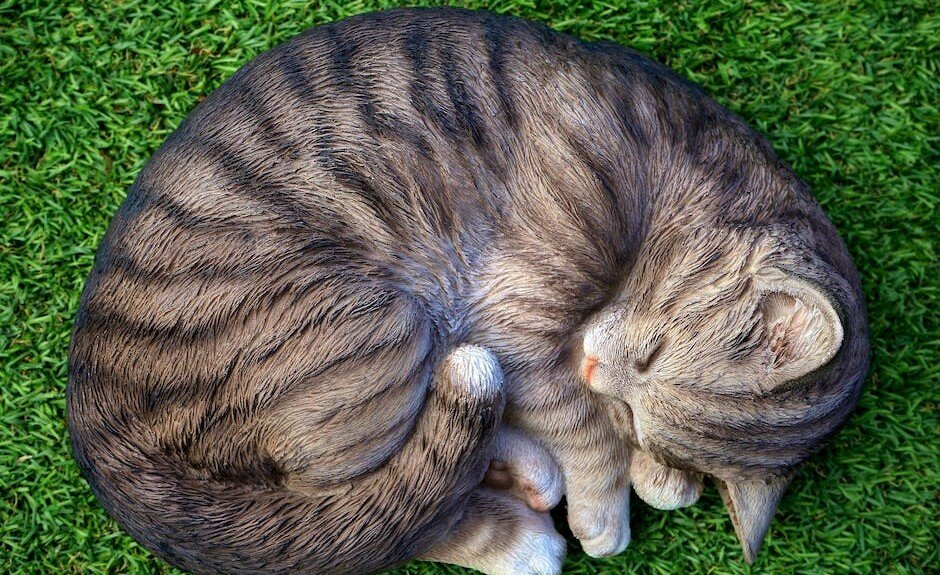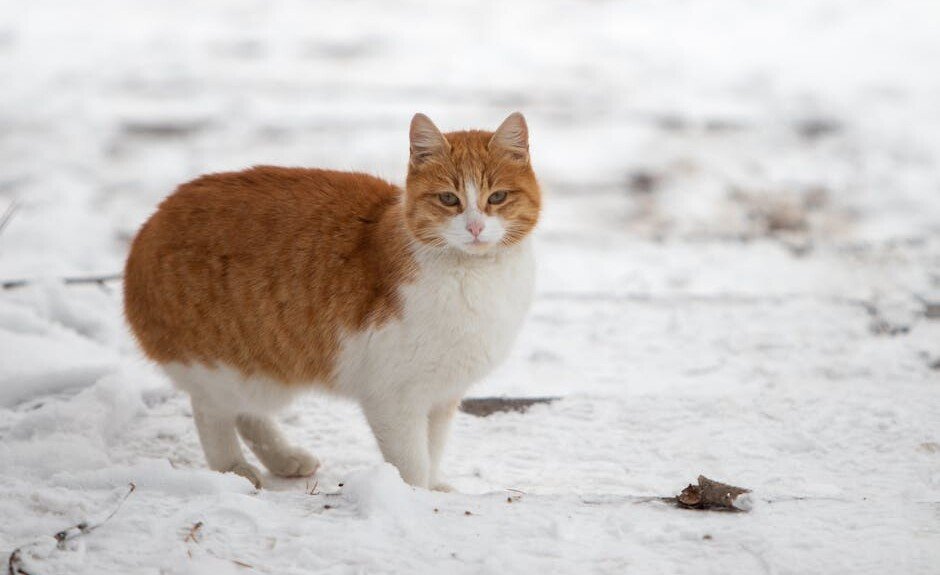Cat allergies are a common problem, and can be very difficult to deal with. Many people are allergic to cats, and some are even allergic to litter!
Despite its popularity, there is no universal cat. While most cats have hairs that stand up and away from the skin, some have hairs that grow underneath the skin and then emerge out the top. The under-the-skin hairs are what cause the severe reactions in people.
Hypoallergenic cats do exist, but these purebreds can cost a good amount of money. Adoption is a great way to find a hypoallergenic cat! Shelters tend to have many cats that do not have under-the-skin hairs, so you can definitely find one there.
This article will discuss more about cat allergies and ways to cope with them.
It’s not nice to see
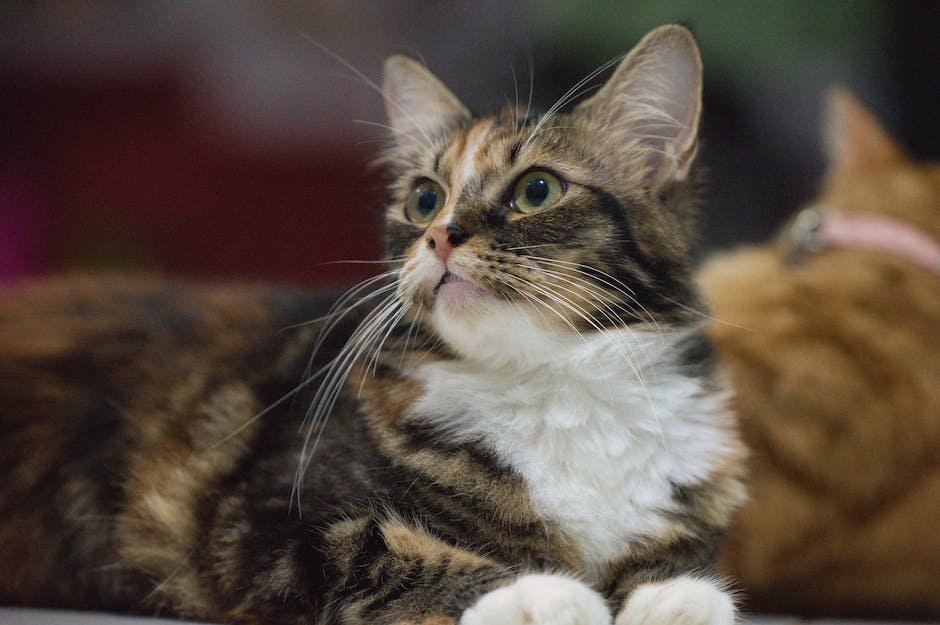
If your cat is regularly displaying aggression, such as hissing, scratching, and fighting with other cats or animals, this can be a more serious issue.
Although cats can display aggression for a variety of reasons, the root cause is almost always fear.
Cats feel most comfortable and safe when they have control over their environment. Changes in their surroundings or interactions can make them feel insecure, which prompts aggressive behavior.
Since cats are hunters by nature, if they display aggression while playing, it may be time to take them to the vet. Physical symptoms like bleeding or being unable to use one of their paws could indicate a serious problem. A vet will also be able to determine if the issue is behavioral or physical.
If your cat is displaying aggressive behavior, try to figure out what is making him feel uneasy or insecure and address the issue.
Take them to the vet immediately
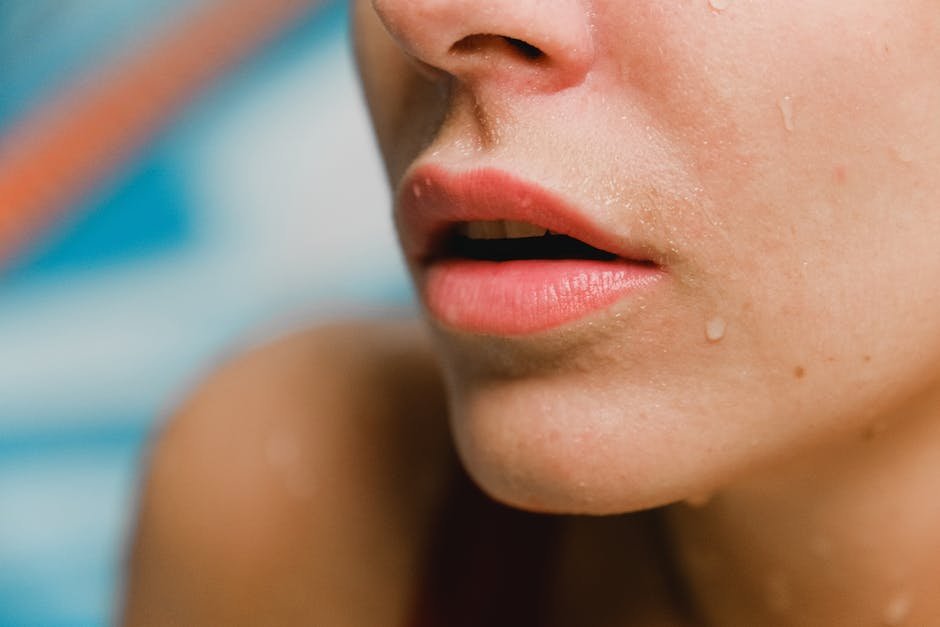
If your cat is drooling or foaming at the mouth, chances are good that it’s due to an oral issue. If you notice your cat drooling or foaming at the mouth, take them to the vet immediately.
Although there are many things that could cause this issue, most of them can be treated by a vet. By taking your cat to the vet right away, you are helping to treat and solve the problem faster.
Vets can diagnose the problem by doing a blood test, a biopsy, and asking you questions about your cat’s behavior. They will then be able to treat them appropriately.
If your cat is not in any distress and appears normal other than the drooling or foaming at the mouth, you can take them to the vet later in the day when they are more awake so they can answer questions better.
Could be a sign of an infectious disease

Although most people would say that a cat with foam coming out of its mouth is cute, this could be a sign of an infectious disease. If your cat starts producing foam, it could be a sign of feline rabies.
Rabies is usually transmitted through the saliva of an infected animal or person. When the virus enters the body, it travels to the nerve cells where it multiplies.
It then travels to the salivary glands, causing the animal or person to have difficulty swallowing and frothing at the mouth.
If your cat has been fighting with other cats, has been bitten by a dog or has any other signs of illness prior to foaming at the mouth, then it is more likely to be rabies. However, there are cases where there are no signs prior to onset of the disease.
If you think your cat has rabies, please contact your local veterinary hospital or animal rescue immediately.
Could be a sign of poisoning

While most of the time foaming at the mouth is due to grooming or an oral allergy, it can also mean your cat is having a reaction to something.
If your cat typically licks and grooms himself and then suddenly begins to foam at the mouth, it could be a sign of poisoning.
Although rare, cats can be exposed to toxic substances that cause them to have a reaction similar to poison. Some of these substances include rat poison, antifungal drugs, and some plants.
If you notice your cat foaming at the mouth, try taking him to the vet immediately. A blood test or other diagnostic tests can determine if he has been exposed to a substance that caused this reaction.
If your cat does not have any other symptoms besides the oral allergy symptoms such as itching or breathing issues, then staying at the vet may be all that is needed.
Causes of cat foaming at the mouth
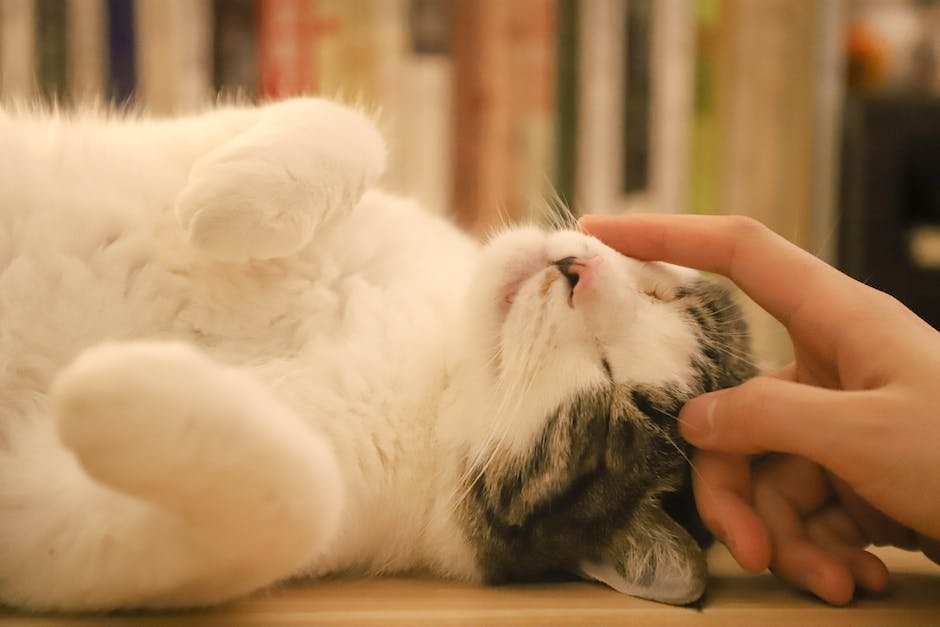
There are several possible causes for foaming at the mouth in cats. Diet can be a factor, as some diets are higher in protein than others. If your cat’s diet has too much protein, this could be a problem.
Hyperthyroidism is a disease that affects the metabolism. Cats with hyperthyroidism produce excessive amounts of thyroid hormone which causes them to rapidly metabolize body tissues.
This includes dietary proteins, which results in diarrhea and vomiting. As they vomit so frequently, they also salivate excessively due to the hormone imbalance.
Diabetes can also cause excessive salivation as well as dry mouth (xerostomia). Both of these are due to glucose imbalances within the body. Generalized pain and other symptoms may be present depending on the severity of the diabetes.
There are many other possible causes such as digestive issues, liver issues, cancer, and other diseases that could cause salivation in cats.
Discharge from the mouth
So far, we’ve covered changes in fur color, changes in coat texture, and increased shedding. Now let’s talk about discharge from the mouth.
Discharge can range from saliva to actual bleeding. Blood in the mouth can be due to oral lesions (cancer or other disease of the tissue) or oral injury.
Sadly, with cats, blood in the mouth is often due to flea bites. As you probably know, cats can have a serious allergy to fleas. When they chew or lick their skin due to the itching caused by a heavy infestation of fleas, they can inadvertently swallow some blood.
This can then show up in the mouth as well as being expelled out of the body through licking or biting. Note that if your cat is only licking their fur but not their paws, then it is likely not a flea bite issue.
Drooling too much

Drooling too much can be a sign of pain in the mouth. If your cat has had dental work, this could be the issue.
Disease called gingivitis can also cause drooling. This is when the gums become red and swollen and the teeth begin to loosen. As the disease progresses, the gums pull away from the roots of the teeth, allowing bacteria into the mouth which causes a bad smell.
A more serious cause of drooling is called papillon lymphatic tumor. This is when a mass forms in lymph nodes in the neck, causing them to swell and thus block saliva flow to the mouth.
If you notice your cat drooling significantly and not associated with eating or drinking water, have them checked out by a vet! They may need a dental evaluation or possibly medical treatment depending on what the issue is.
Look out for tongue color change
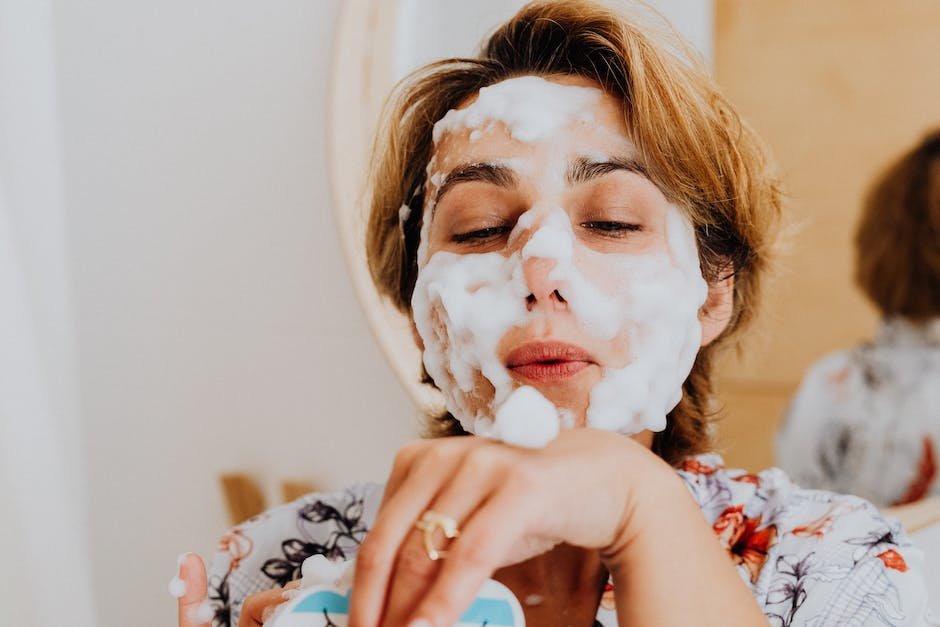
Reddish or brownish tongue color can mean your cat has internal bleeding. This can be due to toxicity, liver damage, or blood in the digestive system.
If you see a sudden color change in your cat’s tongue, such as from pink to red or white to brown or black, this could be a warning sign of internal bleeding.
Toxicity can come from medications, environmental chemicals, and exposure to foreign substances in the body. Liver damage may occur due to disease or injury.
Blood in the digestive system may come from the mouth or intestines. If you notice any of these signs, seek medical attention immediately.
Although not all signs of internal bleeding are visible, having a clear understanding of what they are can help prevent tragic outcomes. The most important thing is to recognize the signs and take action.


